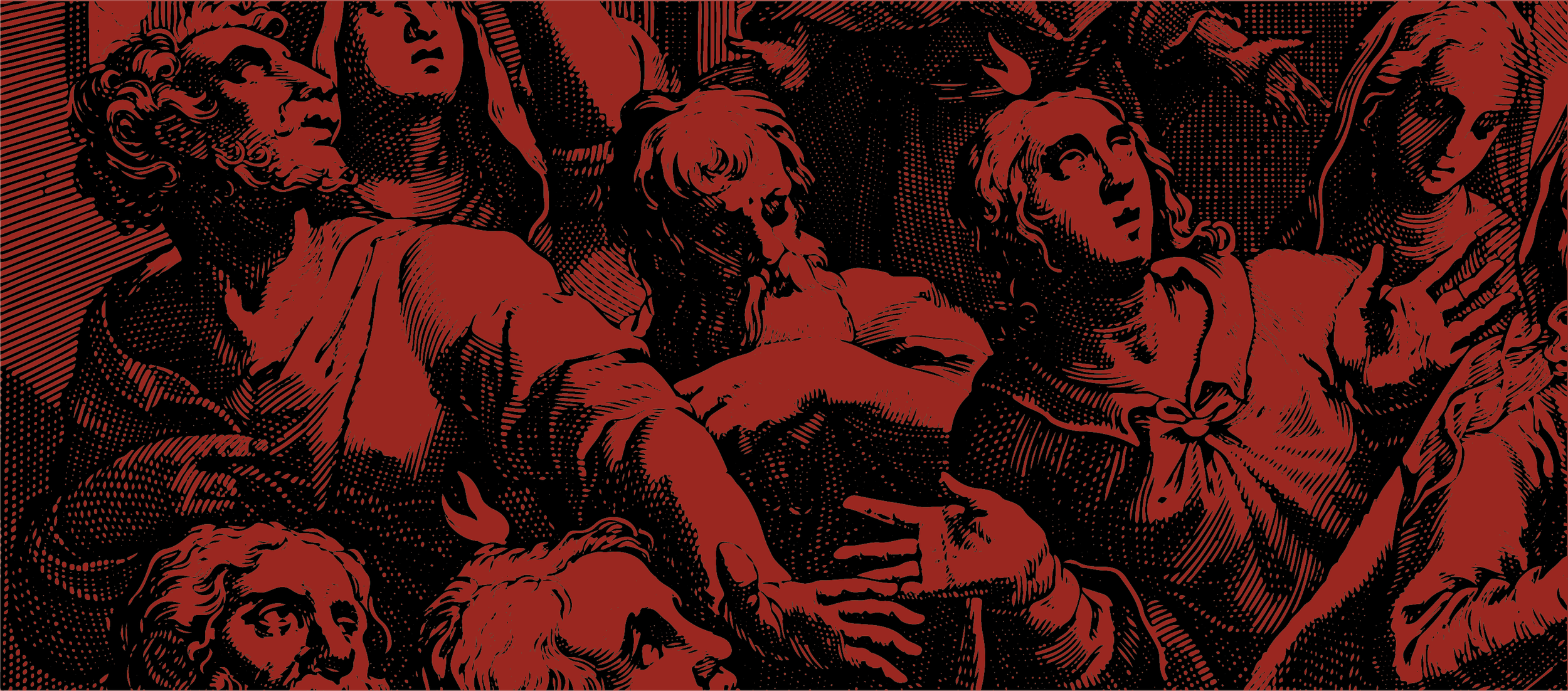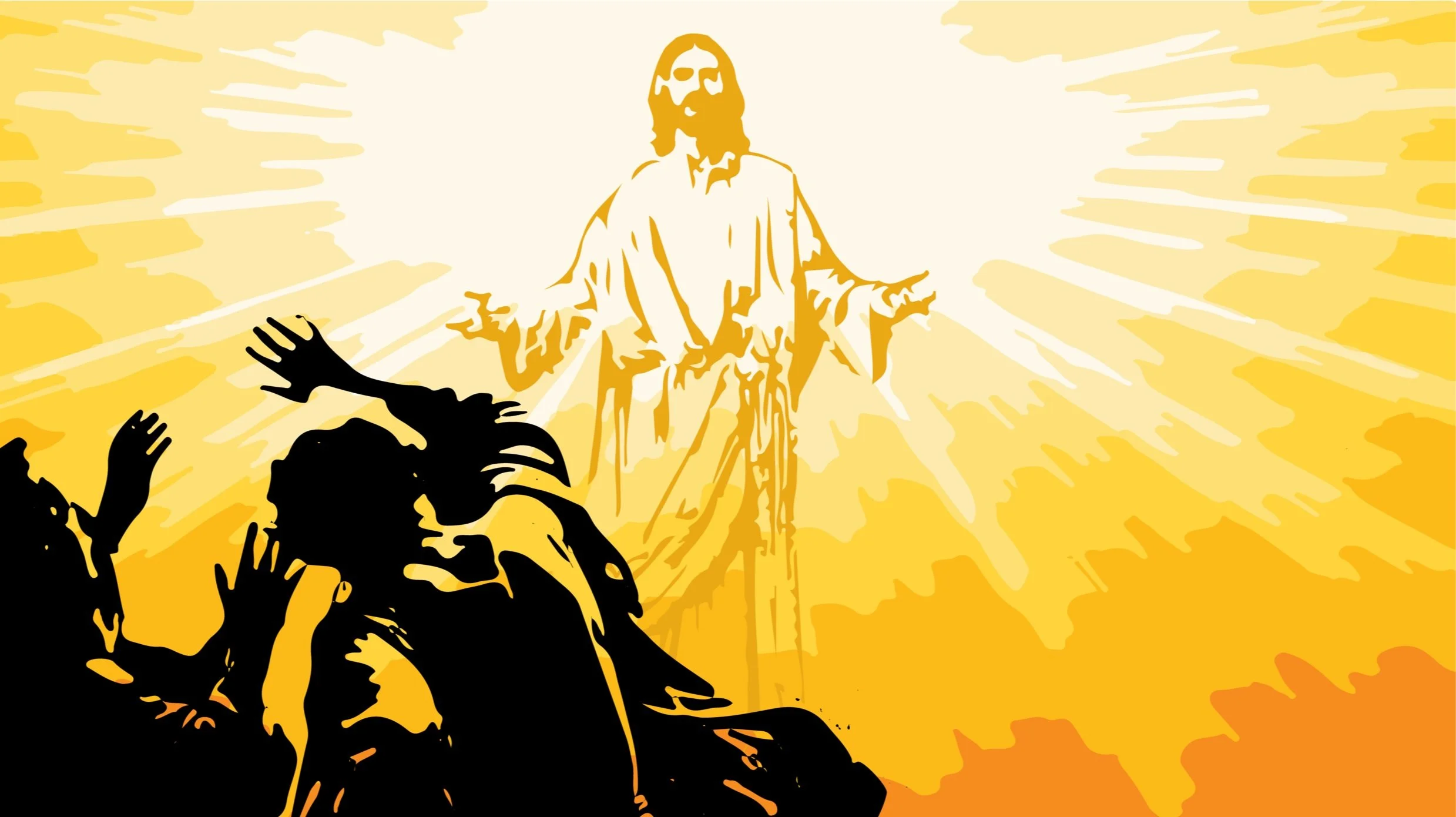
God's Love in Your Language
It feels good when your friends, your neighbors, or your spouse speak your love language, doesn’t it? You feel validated. You feel belonging. You feel special. You feel like you’re seen – like you matter to someone.
You may be waiting for those closest to you to love you in your language.
But you don’t have to wait for your Savior to do that. He already has.
A Greater Body for a Greater Arena
Netflix’s docuseries, The Last Dance, beautifully showcases what happens when your entire body is in the game and wholly committed to a single vision: for Michael Jordan, the crucible of professional basketball conformed his entire body into a relentless machine that could seemingly suspend the laws of gravity and dunk from the free throw line. Professional basketball is an arena that involves your entire body.
So, what does this have to do with Romans 12:1-8? Paul, in these verses, paints a picture of a far greater body called by God to contend in a far greater arena.
And you were made to be part of that body.
The Lie of Greed
What happens when our wealth is gone, our cars are stolen, and our castles burn to the ground? What eternal value do they really have?
You don’t have to be poor to be in desperate need of Jesus, but you don’t have to be rich to buy into the lie of greed, either.
You are not defined by the material possessions you do or don’t have.
You are defined by Jesus.
No Bait and Switch with Jesus
A bait and switch is where you’re advertised one thing, but you’re given something completely different.
You feel the bait and switch when that company promises you that promotion, and then they give it to someone else. Or when those friends who said they’d have your back then leave you high and dry. Or when “the man/woman of your dreams” promises to be faithful, but then has an affair.
When we live in a sinful, broken, dying world, the bitter examples of bait and switch are endless. It leaves us feeling objectified, doesn’t it? – dehumanized to nothing more than an accessory towards someone else’s gain, a prop in someone else’s play, a pawn in someone else’s game: just a means to their end.
That same kind of bait and switch could be seen at the time of Jesus, too.
The Smell of Sacrifice; the Taste of Salvation
The smell and taste of a good barbeque impress memories that can last a lifetime, can’t they?
Exodus 12 drops us in the middle of a barbeque. A barbeque in the land of Goshen – the backyard of Egypt. And like any good BBQ, the smells and tastes of this BBQ were meant to impress lasting memories on the hearts and minds of people.
But this barbeque smelled and tasted differently.
The Hands of Brutality
It saddens us to see such criminal abuse of power – such brutality exercised by those called to uphold justice.
But when our broken, fallen world sought to strip Jesus of his glory and clothe him in shame, the Son of God came to strip us of our shame and clothe us in his glory.
And that meant clothing himself with our shame.
Peter, the Transfiguration, and the "Cleverly Invented Story" of Jesus
We know plenty of people who would argue that Christianity is just a bunch of manipulative fairy tales cooked up by human imagination - that the Bible is nothing more than a compilation of cleverly invented stories.
The Apostle Peter knew that objection, too.
Yet, he had every reason, just as we do today, to say with certainty that we do not follow cleverly invented stories…and that, through faith, we too [are] eyewitnesses of [Jesus’] majesty.
You’re Worth the Pain of Rejection
When the risk of rejection runs high, we’re tempted to conform, compromise our beliefs, silence ourselves, or simply run away, aren’t we?
Because we know how much rejection hurts.
And Jesus knows, too.
And yet, for your sake, Jesus didn’t run away from the pain of rejection: he ran headlong into it.
Christmas: God Throwing 'Guess Who?' Out the Window
Whether you’re playing Guess Who? with your sibling or Guess Who? with God, you ultimately don’t advance due to the questions you ask: you advance entirely on the truthfulness of the opposite player.
That’s the comfort of Christmas: God doesn’t make you play Guess Who? with him. In fact, God throws such a ridiculous game out the window and shows you exactly who he is.
So, Who Makes the First Move?
Whether you tune in to the Gottmans or to Dan Bacon for relationship pointers, their advice for jumpstarting a relationship is – more or less – the same: you have to do something.
You need to win their attention.
You need to showcase your qualities.
You need to initiate the relationship.
You need to make the first move.
Is that how it is with God? Are we like the girl at the club who twirls her hair in hopes that God will notice? Are we like the guy who must passionately pursue God first, like God is passively sitting on the other side of the bar? Do I need to do something or be something first for God to pursue me?
When it comes to a relationship with God, do we need to make the first move?











